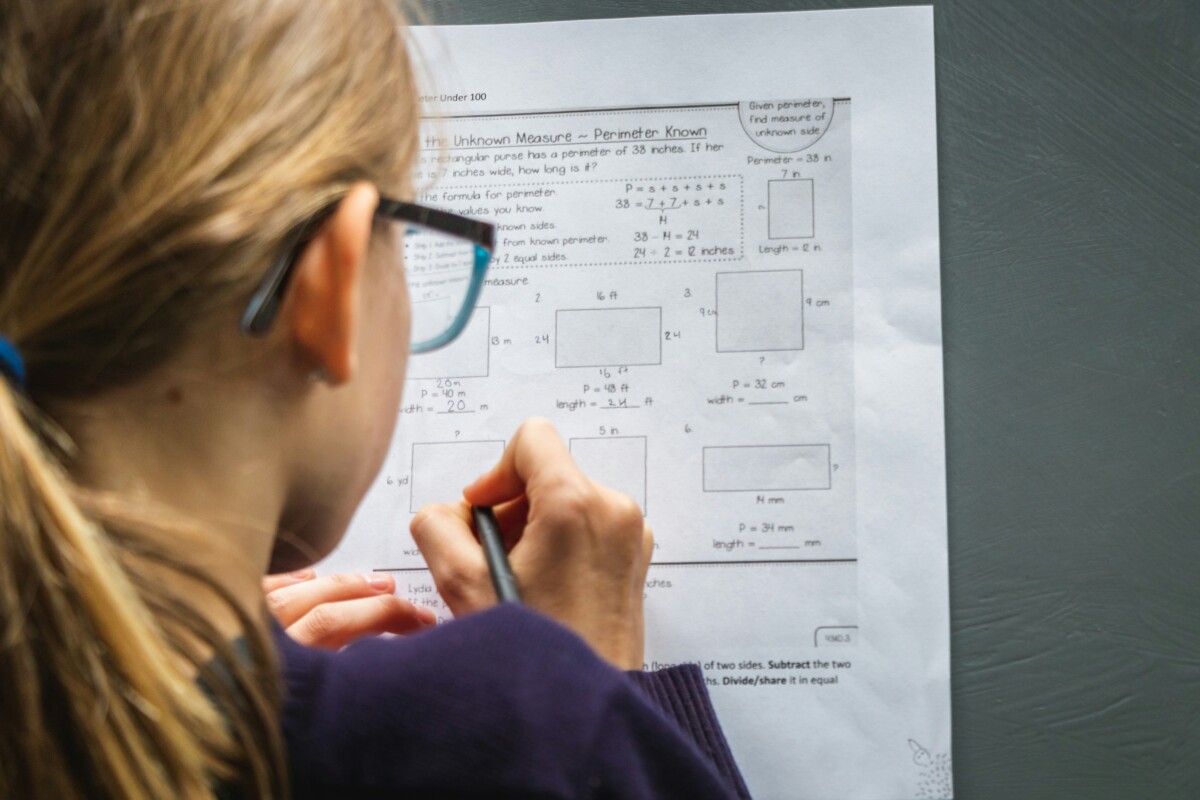Homework has been a staple of education for generations, often eliciting mixed reactions from students, parents, and educators alike. While some argue its effectiveness in reinforcing learning, others question its impact on student well-being and overall academic success. Understanding the nuanced role of homework in student learning requires a balanced examination of its benefits, potential drawbacks, and the evolving educational landscape.

Benefits of Homework
Homework serves several critical purposes in the educational process. Firstly, it reinforces classroom learning by providing students with opportunities to practice and apply what they’ve learned independently. This practice is essential for solidifying concepts and developing mastery over time. Homework also encourages self-discipline and time management skills, preparing students for the demands of higher education and professional life. Moreover, it can foster a sense of responsibility and accountability, as students learn to meet deadlines and fulfil academic expectations outside the classroom.
Enhancing Learning Outcomes
Research suggests that well-designed homework assignments can significantly enhance learning outcomes. When homework is aligned with classroom instruction and tailored to individual student needs, it can deepen understanding and facilitate retention of material. For instance, mathematics homework that requires problem-solving reinforces critical thinking skills, while language arts assignments can improve reading comprehension and writing proficiency. Effective homework assignments also encourage students to explore topics independently, promoting curiosity and a deeper engagement with the subject matter.
Cognitive Development and Skills Building
Beyond academic knowledge, homework plays a crucial role in cognitive development. By tackling challenging problems or complex tasks independently, students develop resilience and perseverance in the face of academic challenges. Homework assignments that encourage creativity, such as art projects or research papers, nurture innovation and intellectual curiosity. Additionally, repetitive practice through homework can automate basic skills, freeing up cognitive resources for more complex learning activities during class time.
Critiques and Challenges
Despite its potential benefits, homework is not without its critics. One of the primary concerns is its impact on student well-being and stress levels. Excessive homework loads have been linked to increased anxiety, sleep deprivation, and decreased motivation among students. Critics argue that homework should be purposeful and balanced to avoid overwhelming students and detracting from other important aspects of their development, such as socialisation and extracurricular activities.
Equity and Access
Another challenge is ensuring equity and access to homework assignments. Students from disadvantaged backgrounds may not have access to resources or support necessary to complete assignments at home, widening the achievement gap. Educators must consider these disparities when assigning homework and provide alternative resources or support systems to ensure all students have equal opportunities to succeed academically.
The Evolving Role in Modern Education
In recent years, the role of homework has evolved alongside advancements in technology and changes in educational philosophy. Some educators advocate for a more differentiated approach to homework, tailoring assignments to individual student needs and interests. Others propose alternative forms of practice and reinforcement, such as in-class activities or project-based learning, that reduce the reliance on traditional homework assignments.
Homework remains a fundamental component of the educational experience, with both proponents and critics advocating for its role in student learning. When thoughtfully designed and implemented, homework can reinforce classroom learning, foster essential skills, and promote cognitive development. However, it is essential to strike a balance between academic rigor and student well-being, ensuring that homework assignments are purposeful, equitable, and supportive of overall learning goals. As education continues to evolve, including within a private school in London, the understanding and implementation of homework will adapt to maximise student learning outcomes and address current educational challenges effectively.